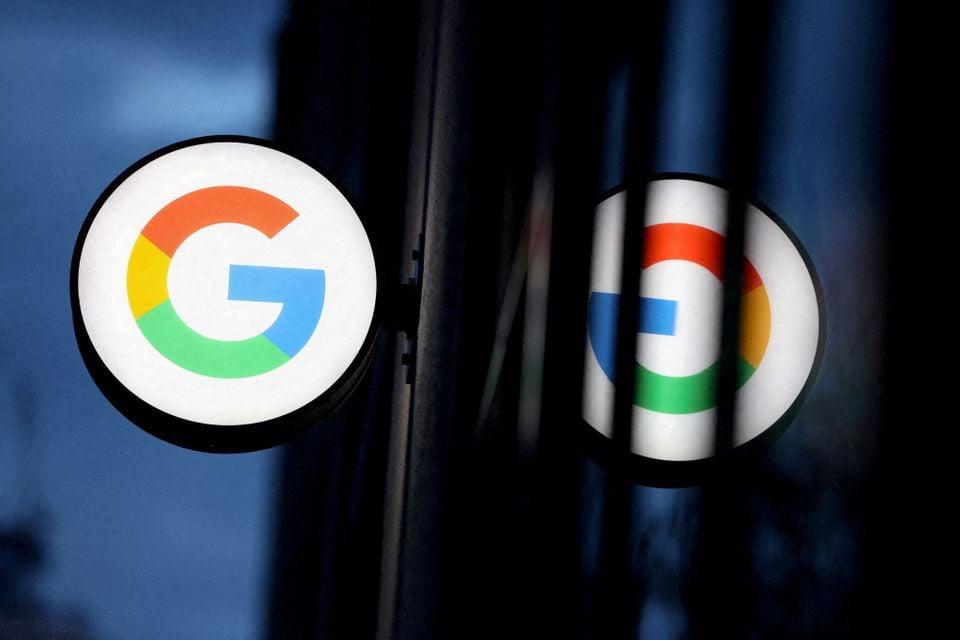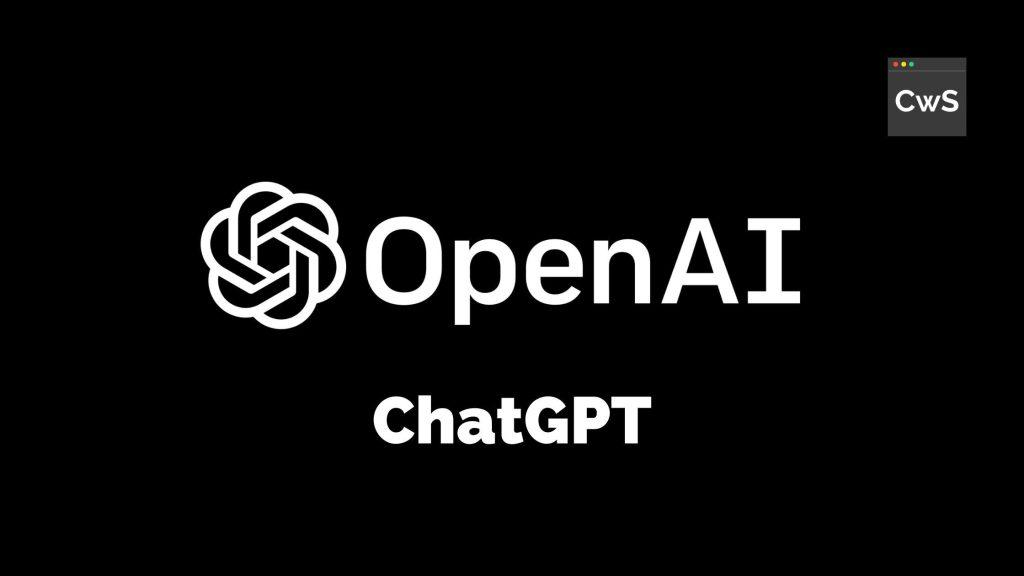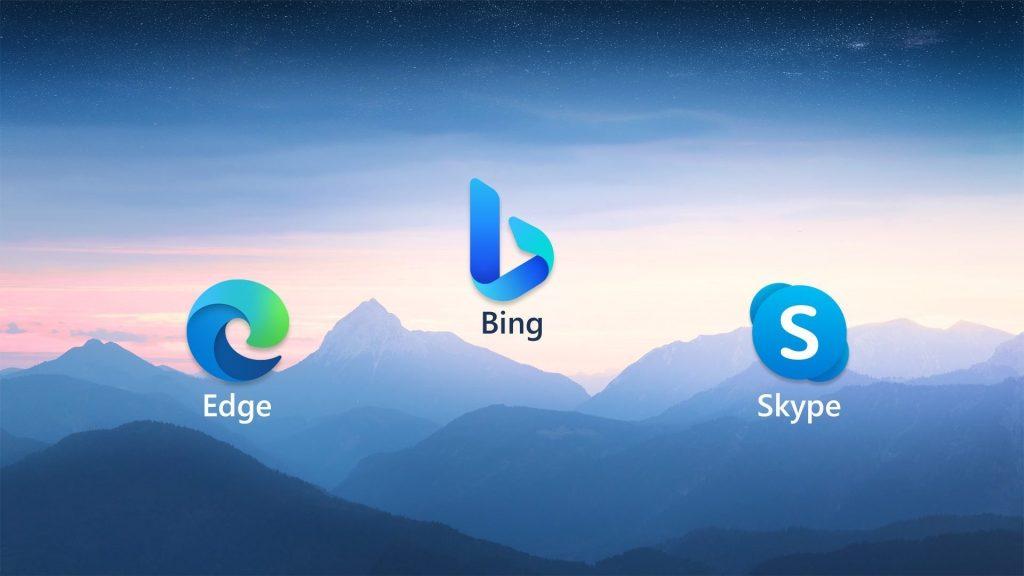Nvidia’s most cutting-edge AI chip developed for the Chinese market has encountered a sluggish start, with ample supply driving its pricing below that of a competing chip from Chinese tech giant Huawei, sources familiar with the situation revealed. This downward trend in prices highlights the hurdles facing Nvidia’s business in China amid U.S. sanctions on AI chip exports and intensified competition, casting uncertainty over its prospects in a market that contributed 17% to its fiscal 2024 revenue.
The escalating competitive landscape in China also serves as a warning for investors in the U.S. semiconductor company, as its shares continue a remarkable rally following a robust revenue forecast issued on Wednesday. Nvidia, a dominant player in the artificial intelligence (AI) chip market, introduced three chips tailored for China late last year in response to U.S. sanctions restricting the export of its most advanced semiconductors.
Of these chips, the H20 has attracted significant attention as Nvidia’s most powerful offering in China. However, according to three sources within the supply chain who spoke with Reuters, there is an excess supply of the chip in the market, indicating weak demand. Consequently, the H20 chips have been observed selling at a discount of over 10% compared to Huawei’s Ascend 910B, the most potent AI chip from a Chinese firm, as reported by two of the three sources who declined to be named due to the sensitivity of the matter.
Analysts noted that while Nvidia is vigorously striving to gain market share in an environment where it cannot afford to falter, the future outlook appears increasingly uncertain. A report by Chinese market research firm CCID Consulting projects that China’s global share of the AI industry will surpass 30% by 2035.
Hebe Chen, a market analyst at IG, remarked, “Nvidia is treading carefully, seeking to maintain its foothold in the Chinese market while navigating U.S. tensions. The company is undoubtedly bracing itself for potential long-term challenges.”














